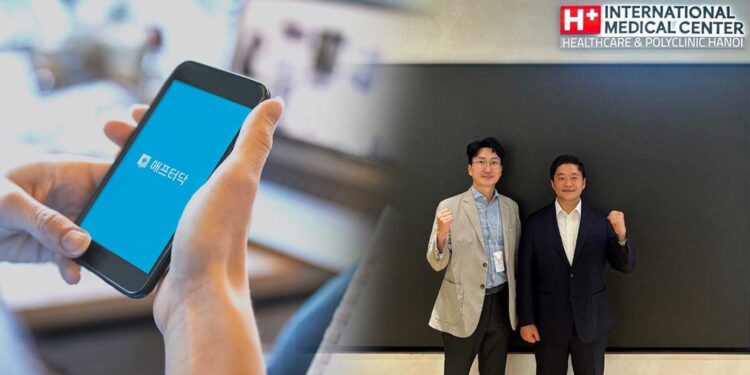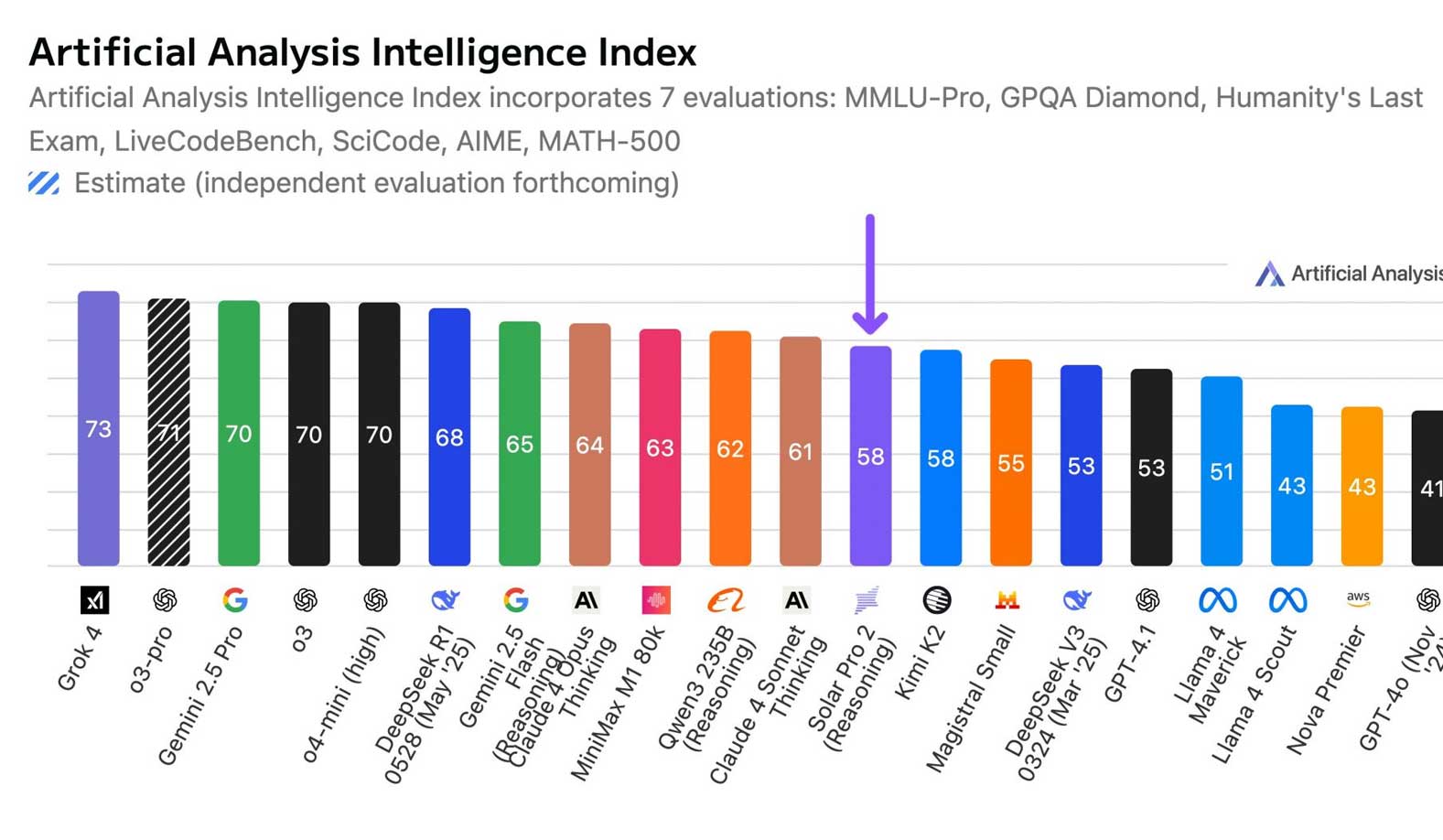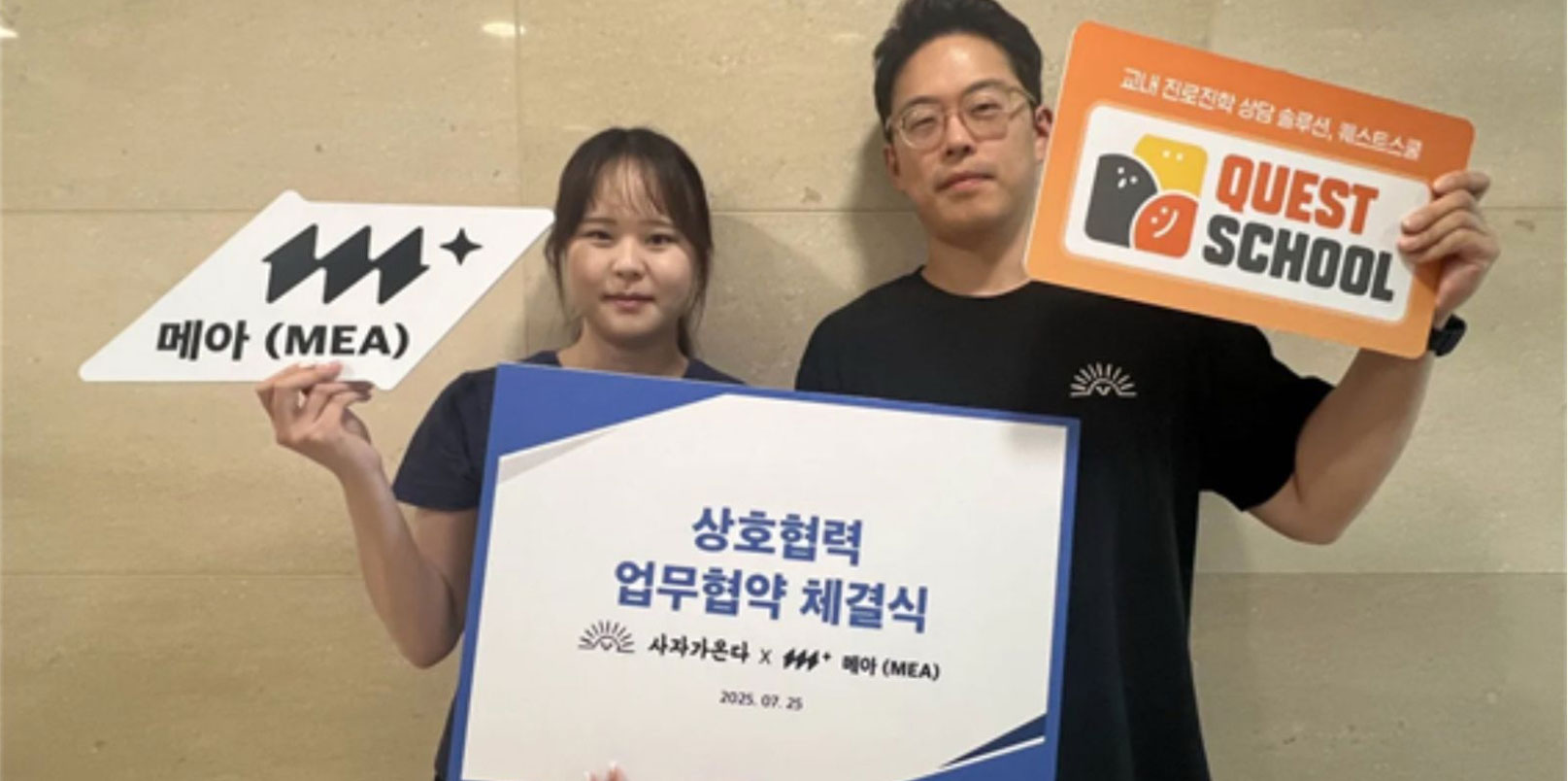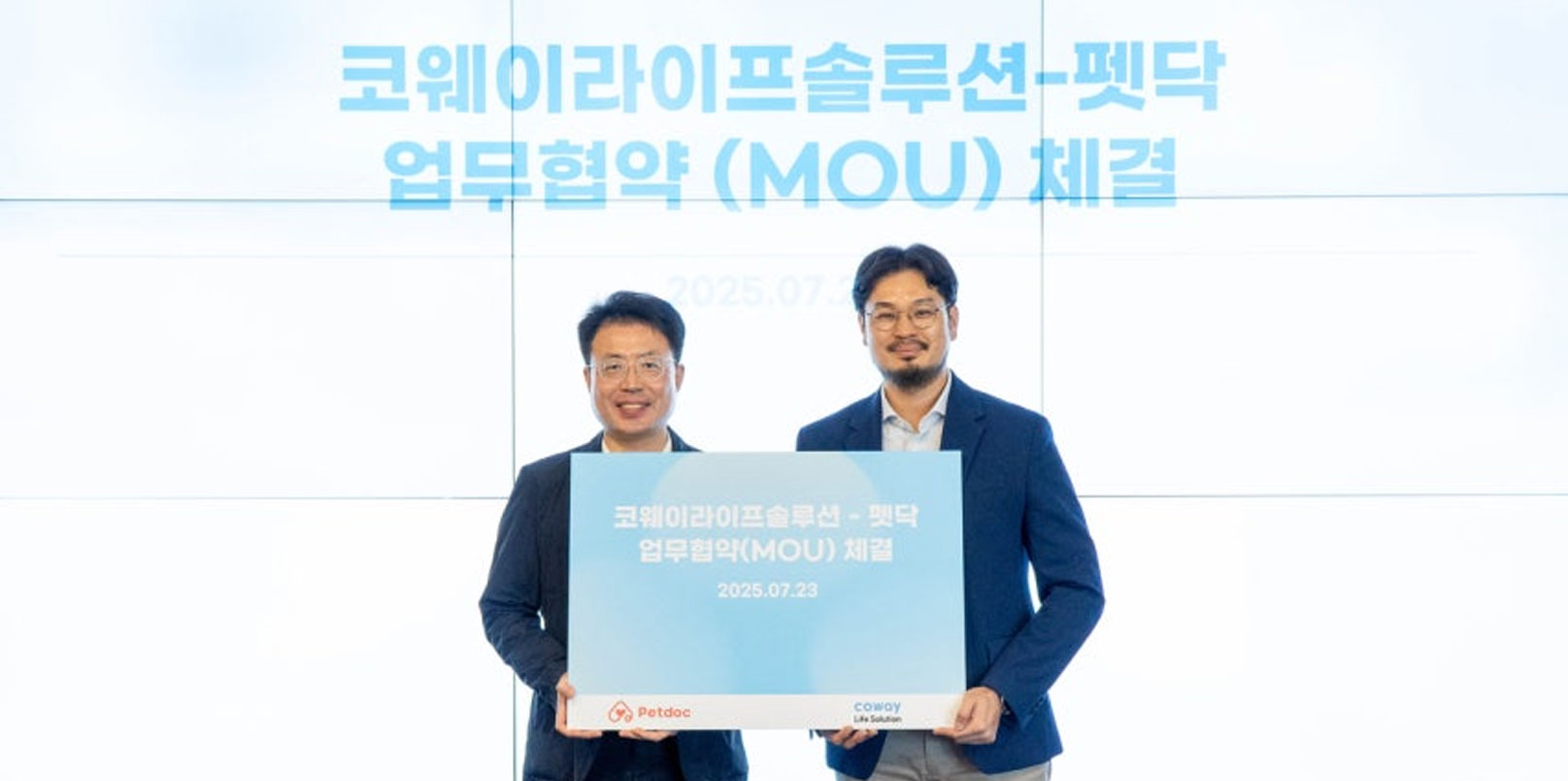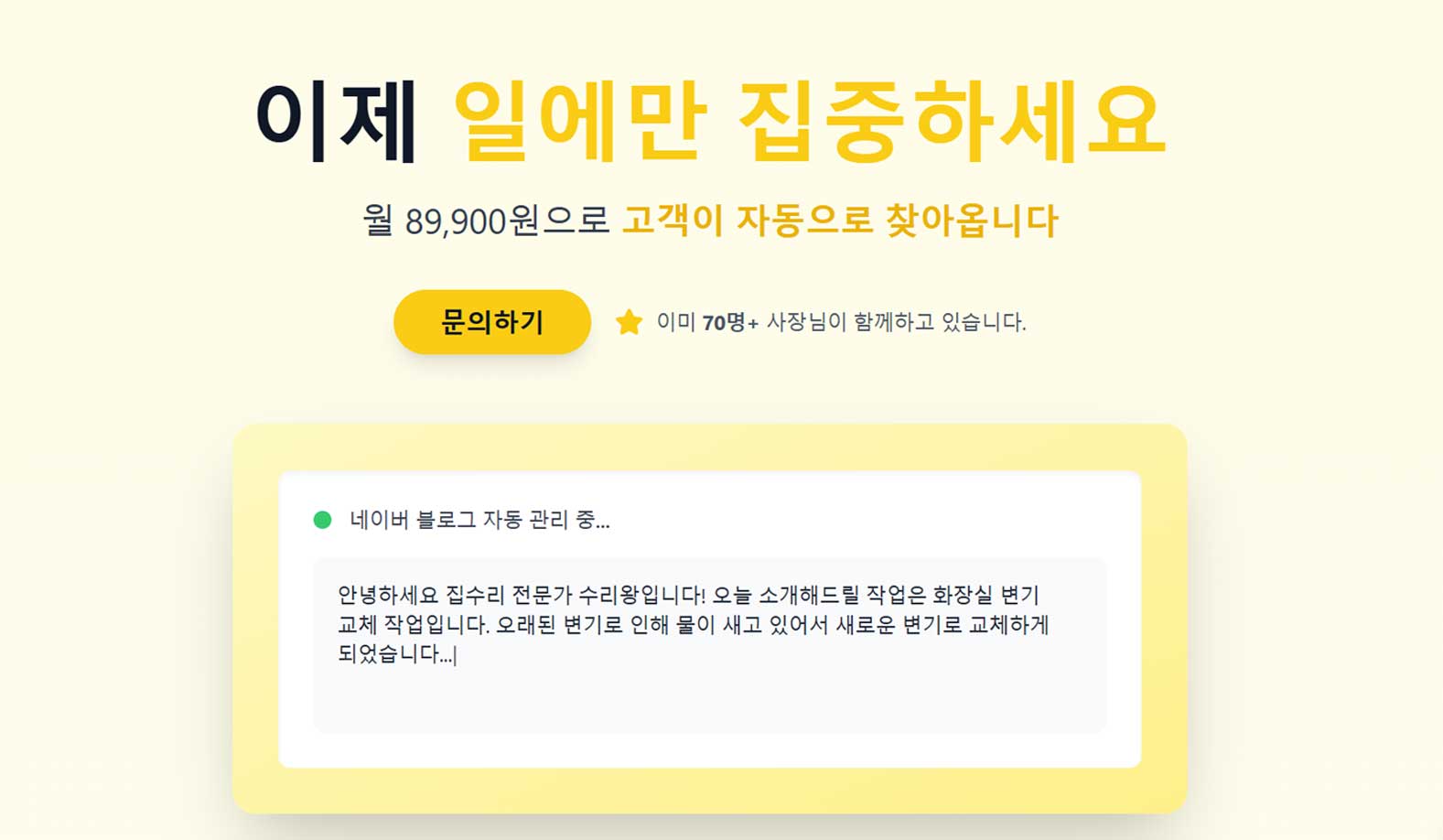Korean healthtech startup Medipal has entered into a strategic partnership with H+ Yangji Hospital to expand its patient care SaaS platform, Afterdoc, into Vietnam’s rapidly growing $2.5 billion digital health market. The agreement marks not only Medipal’s first international deployment but also a notable milestone in the global expansion of South Korea’s digital healthcare ecosystem.
Medipal and H+ Yangji Hospital Partnership: First Overseas Market Expansion in Digital Healthcare
Korean healthtech startup Medipal has officially launched its first overseas expansion into Vietnam’s rapidly growing digital healthcare sector through a strategic supply agreement with H+ Yangji Hospital.
The move enables Medipal’s proprietary patient care platform, Afterdoc, to enter a market estimated at USD 2.5 billion as of 2024, marking a notable step in Korea’s export of digital health solutions.
The partnership will see Medipal deploy Afterdoc at H+ International Medical Center Healthcare & Polyclinic (H+ Hanoi)—the first overseas branch of H+ Yangji Hospital, based in Hanoi. Opened in December 2024, the 3,000-square-meter facility features 12 medical departments and is regarded as a strategic hub for introducing advanced Korean medical infrastructure to Vietnam.
H+ Yangji Hospital, located in Gwanak-gu, Seoul, has steadily grown since its founding in 1976 and is now a leading medical institution in the southwestern Seoul region, with a capacity of 291 beds.
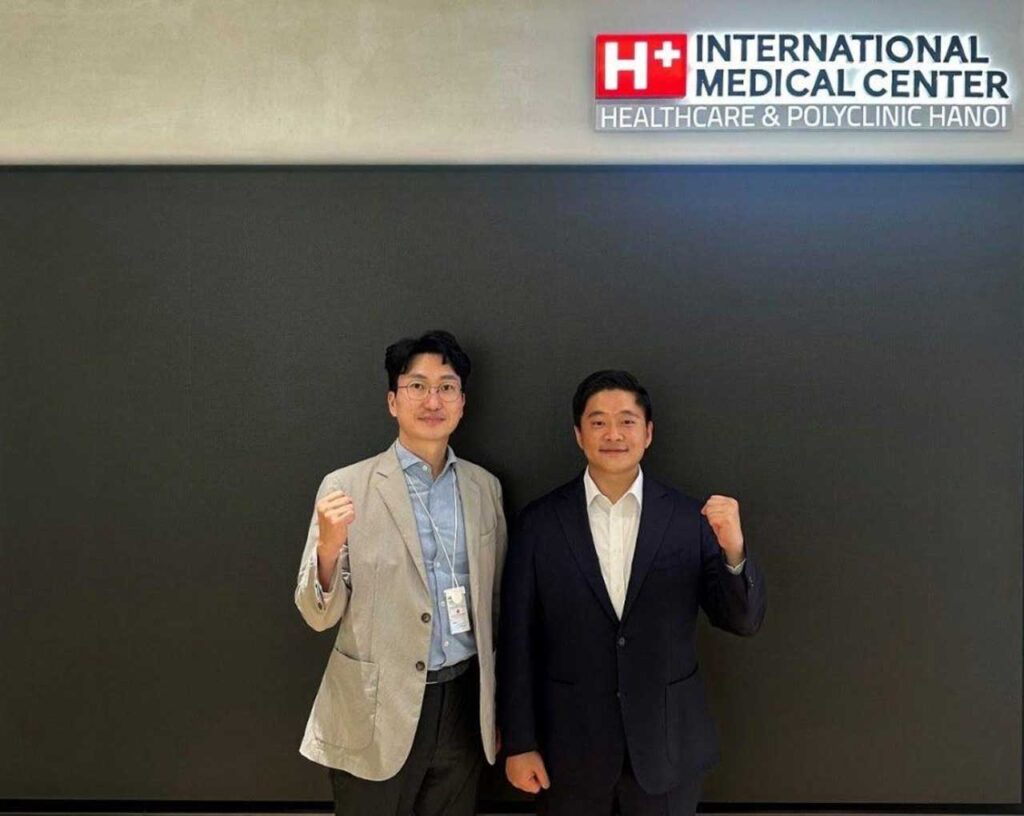
Afterdoc by Medipal: Enabling Post-Treatment SaaS for Hospitals
Developed by Medipal in 2021, Afterdoc is a B2B SaaS solution designed for post-treatment patient management in hospitals and clinics.
Medipal’s Afterdoc enables medical providers to continue communication with patients after their initial visits, automating follow-up processes tailored to each individual’s treatment plan. The system also incorporates a standardized consultation model aimed at improving revisit rates and operational efficiency.
H+ Hanoi’s adoption of Afterdoc signals a broader shift toward personalized, digitally coordinated care models in Southeast Asia. The integration of Afterdoc is intended to support a Korea-Vietnam hybrid care model, aligning Vietnam’s healthcare modernization efforts with Korean expertise in clinical digitalization.

Vietnam’s Healthtech Market: A Gateway for Korean SaaS
Vietnam is increasingly being recognized as a gateway market for cross-border SaaS solutions in Asia.
According to research by IMARC Group, Vietnam’s digital health market—including SaaS platforms—is projected to grow from $2.5 billion in 2024 to $9.5 billion within the next decade.
With its focus on infrastructure reform and healthcare digitization, Vietnam presents a timely opportunity for early-stage Korean SaaS companies seeking global validation and market expansion.
For Medipal, the agreement marks both a business milestone and a strategic signal. The Korean startup is now positioning itself as part of a new wave of Korean software companies targeting healthcare exports through digital-first, lightweight platforms that meet the operational demands of overseas clinics.
“We’re honored to partner with H+ Yangji Hospital in their overseas expansion.
With this entry into Vietnam, Afterdoc will go beyond being an essential solution for Korean hospitals and grow into a leading platform in the global aftercare services market.”
Kang Jong Il, CEO of Medipal.
Implications for Korea’s Digital Health Export Strategy
H+ Yangji Hospital’s director, Kim Sang Il, emphasized that the partnership builds on Korea’s ongoing momentum in digital healthcare innovation.
“H+ Yangji Hospital has been a leader in digital healthcare and patient experience innovation in Korea.
With the adoption of Afterdoc, we expect to realize a more advanced hospital operation and patient-centered care experience in Vietnam.”
Kim Sang Il, Director of H+ Yangji Hospital.
Ultimately, this agreement also signals the increasing role of public-private healthcare alliances in advancing Korea’s digital export agenda.
With Korean SaaS companies now entering overseas hospital networks, platforms like Afterdoc may serve as blueprints for scalable cross-border medical software solutions, especially in Southeast Asia, where healthcare modernization and demographic shifts continue to create demand for flexible, tech-driven infrastructure.
Stay informed on Korea’s fast-moving startup and tech scene—follow KoreaTechDesk on social media: LinkedIn, X (Twitter), Bluesky, and Facebook for insights, funding news, and industry updates.



